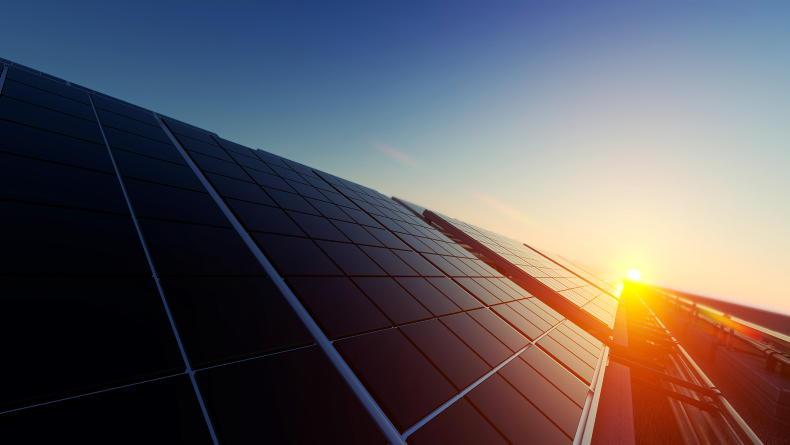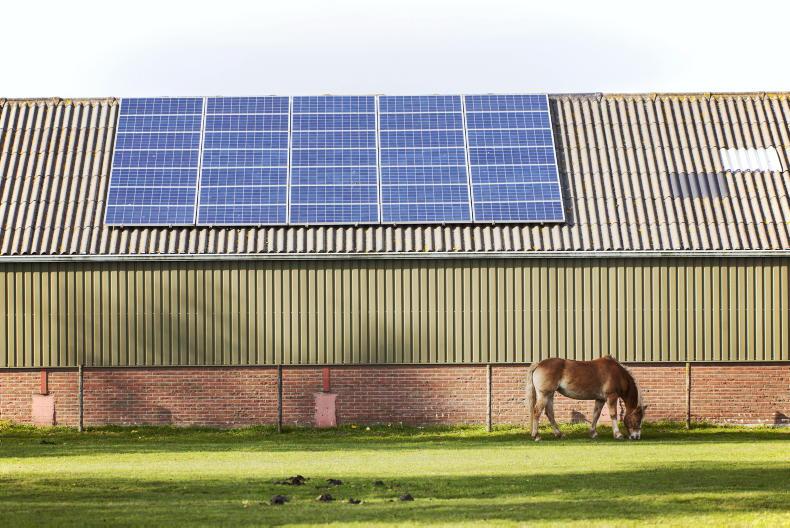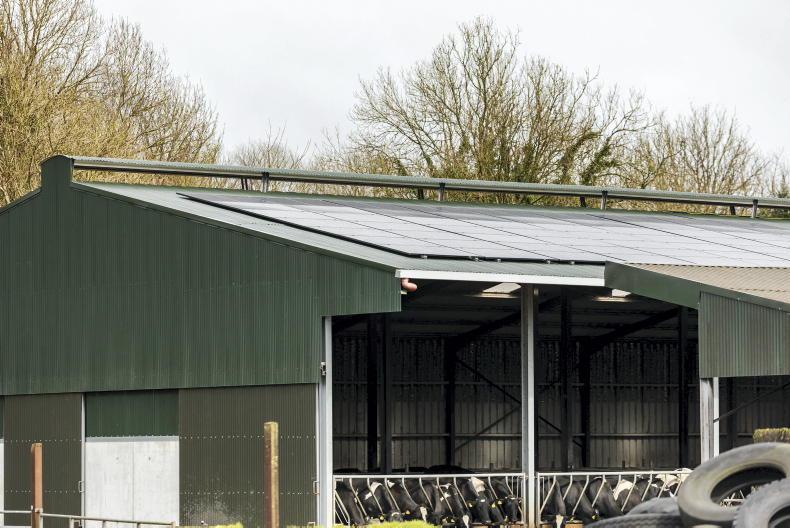A number of energy companies are understood to have increased the price they are willing to pay for surplus renewable electricity from 14c/kWh to 18c to 20c/kWh.
The move has been welcomed by the Micro-Renewable Energy Federation (MREF). The organisation described the price lift as a positive development.
MREF chair Pat Smith said criticism of the initial offer of 14c/kWh from some of the leading energy utility companies had clearly stimulated a response from the market.
Contracts
It was pointed out that while 14c/kWh was being offered for surplus renewable electricity, up to 50c/kWh was being sought by energy companies for two-year fixed-term contracts for electricity supply.
“Price levels of 18c to 20c/kWh should be the minimum benchmark for all utility companies and for any tariff offering planned by the Government,” he said.
Smith said that the thousands of homes, farms and other small businesses with micro-generation can now get a regular payment from their utility provider for surplus electricity generated.
He encouraged anyone with micro generation to immediately contact their utility provider to ensure they get their entitlements.
Market prices
However, the MREF chair insisted that the prices paid for micro-generation should be much closer to market prices and he called on the Commission for the Regulation of Utilities (CRU) to ensure that this was the case.
Smith also called on ESB Networks to prioritise the installation of smart meters for micro generators so that the amount of surplus electricity exported to the grid can be accurately calculated.
“In particular, an immediate solution needs to be found for homes, farms and small businesses with three-phase connections that are being told by ESB Networks that they have no plans to install a smart meter,” he said.
“This is unacceptable and urgently needs to be addressed,” Smith insisted.
“The CRU and ESB Networks must ensure that customers with micro-generation - whether on a single-phase or three-phase supply - have a smart meter installed as a priority to ensure that they get paid for the surplus power they export to the grid.”










SHARING OPTIONS